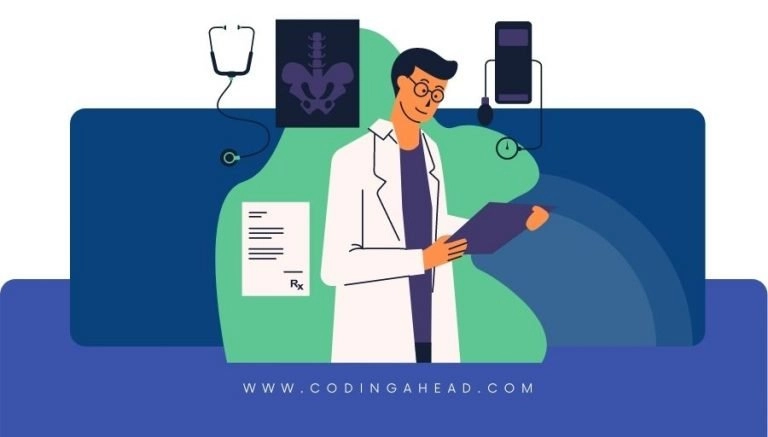How To Use CPT Code 81225
CPT 81225 describes the genetic analysis procedure for detecting common variants in the CYP2C19 gene, which is responsible for drug metabolism. This article will cover the description, procedure, qualifying circumstances, appropriate usage, documentation requirements, billing guidelines, historical information, similar codes and billing examples.
1. What is CPT Code 81225?
CPT 81225 is used to identify common changes in the CYP2C19 gene, also known as cytochrome P450, family 2, subfamily C, polypeptide 19. This gene plays a role in drug metabolism, and the code represents the genetic analysis procedure to detect these common variants.
2. Official Description
The official description of CPT code 81225 is: ‘CYP2C19 (cytochrome P450, family 2, subfamily C, polypeptide 19) (eg, drug metabolism), gene analysis, common variants (eg, *2, *3, *4, *8, *17).’ This code encompasses the analysis of the CYP2C19 gene for the detection of common variants that may impact drug efficacy and toxicity.
3. Procedure
- The lab analyst performs the technical steps of the genetic analysis procedure for the CYP2C19 gene.
- This includes extracting nucleic acids from cells, amplifying the target genes, and detecting the presence of common variants using nucleic acid probes.
- The procedure may also include other non-listed variants in addition to the common variants *2, *3, *4, *8, and *17.
4. Qualifying circumstances
CPT 81225 is typically ordered for patients with a family or personal history of unfavorable medication response for drugs metabolized by the protein produced by the CYP2C19 gene. This gene is involved in the breakdown of 5 to 10 percent of commonly prescribed medications, including certain antidepressants, barbiturates, antitumor drugs, and anti-platelet drugs like Plavix.
5. When to use CPT code 81225
CPT code 81225 should be used when there is a clinical indication to assess the presence of common variants in the CYP2C19 gene. This may include patients with a history of adverse drug reactions or those who may require medications metabolized by this gene. It is important to consider the specific circumstances and clinical need before ordering this genetic analysis procedure.
6. Documentation requirements
To support a claim for CPT 81225, the documentation should include:
- Indication for the genetic analysis procedure
- Specific variants tested, including the common variants *2, *3, *4, *8, and *17
- Date of the procedure
- Results of the analysis, including the presence or absence of the common variants
- Signature of the lab analyst performing the procedure
7. Billing guidelines
When billing for CPT 81225, ensure that the procedure is performed for the detection of common variants in the CYP2C19 gene. It is important to follow the specific guidelines provided by payers and to accurately report the procedure code. Consider any additional requirements or modifiers that may be necessary for proper reimbursement.
8. Historical information
CPT 81225 was added to the Current Procedural Terminology system on January 1, 2012. There have been no updates or changes to the code since its addition.
9. Examples
- A patient with a family history of adverse reactions to certain antidepressant medications undergoes genetic analysis to detect common variants in the CYP2C19 gene.
- A physician orders the genetic analysis procedure for a patient who has experienced a severe adverse drug reaction to a barbiturate medication.
- A cardiologist orders the genetic analysis to assess the presence of common variants in the CYP2C19 gene for a patient who requires anti-platelet therapy with Plavix.
- A patient with a personal history of unfavorable medication response undergoes genetic analysis to determine their genotype for the CYP2C19 gene.
- A pharmacist recommends genetic analysis for a patient who requires a medication metabolized by the CYP2C19 gene to optimize their drug therapy.
- A patient with a history of adverse drug reactions undergoes genetic analysis to assess their risk for medication-related complications.
- A physician orders the genetic analysis procedure for a patient who requires antitumor drugs metabolized by the CYP2C19 gene.
- A patient with a personal history of adverse drug reactions to certain medications undergoes genetic analysis to identify common variants in the CYP2C19 gene.
- A pharmacist recommends genetic analysis for a patient who requires a barbiturate medication to determine their potential response to the drug.
- A patient with a family history of adverse drug reactions undergoes genetic analysis to assess their risk for medication-related complications.



